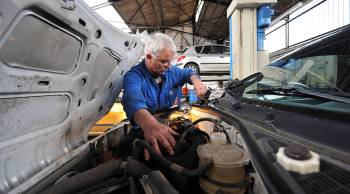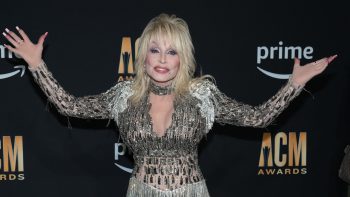What an aging workforce means for the economy
Share Now on:
What an aging workforce means for the economy
Here in this country there is a new warning this week about our aging population and what it means for government entitlement programs, among other things.
A report from the National Academy of Sciences says the U.S. is at the start of a major demographic shift, one that will have big effects on our economy, and Marketplace Economics Correspondent Chris Farrell for one says that the threat it poses is “pretty bad.”
“Look, we all know that we’re aging,” he says. “This is the best known demographic trend in history.”
Best known — with some of the worst fears. In addition to concerns about the strain on entitlement spending (social security, Medicare), there’s the additional fear that that trend means a “less dynamic economy.”
“As we get older, as our knees don’t work as well as they used to, our economy will reflect that,” according to Farrell.
So how do we fix it? Despite the report’s attempt to be “very careful, very nuanced,” Farrell says that it offers a clear solution: working longer.
“This is one of the great divides between economists and everyone else,” he insists. “Most people think it’s a zero-sum game — that if a 75-year-old is working a 21-year-old can’t. But … there will be enough jobs for everyone, partly because the economy will continue to grow, but partly because some people will be working part time and other people will be working full time.”
Hopefully, he adds, “the younger ones.”
There’s a lot happening in the world. Through it all, Marketplace is here for you.
You rely on Marketplace to break down the world’s events and tell you how it affects you in a fact-based, approachable way. We rely on your financial support to keep making that possible.
Your donation today powers the independent journalism that you rely on. For just $5/month, you can help sustain Marketplace so we can keep reporting on the things that matter to you.


















